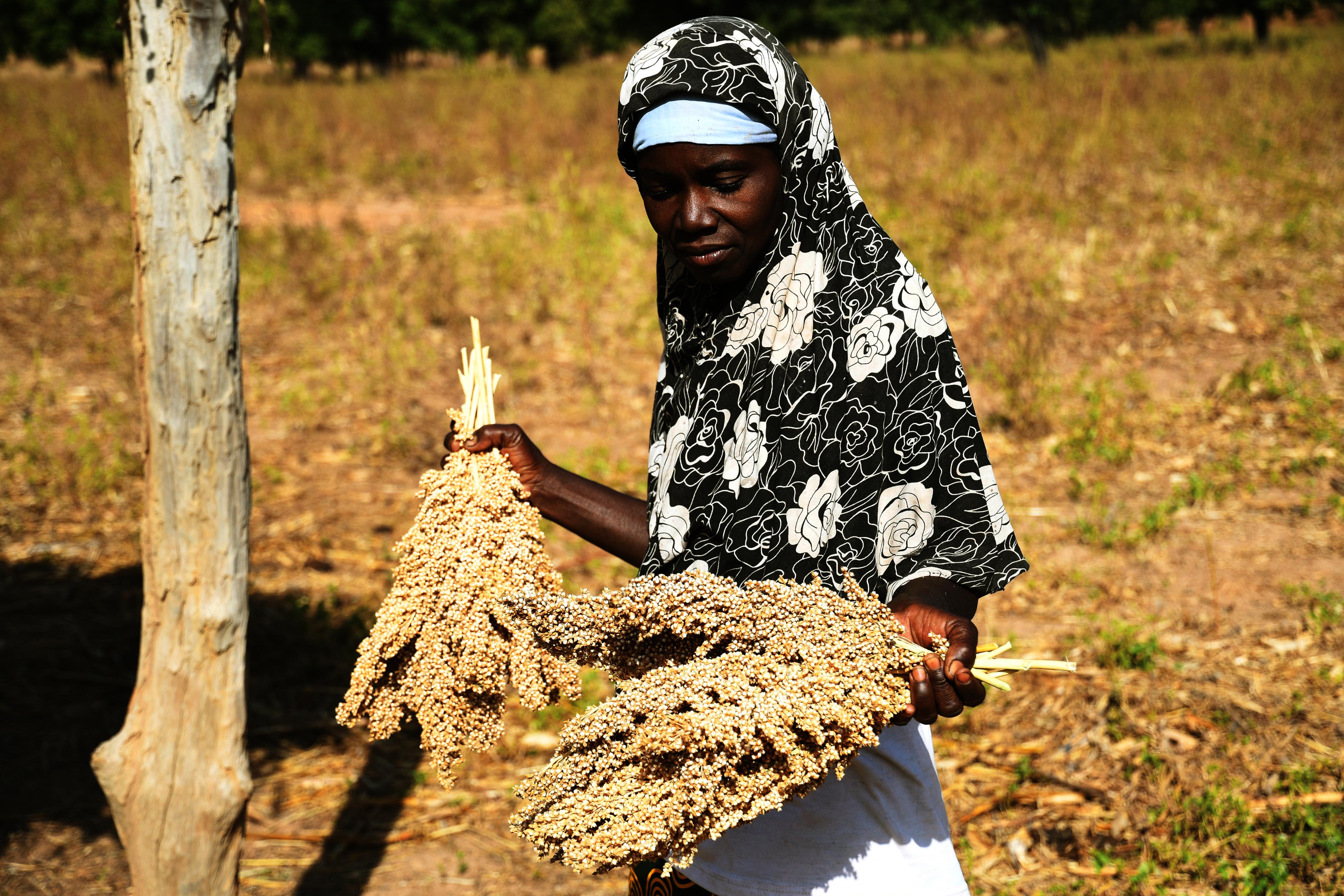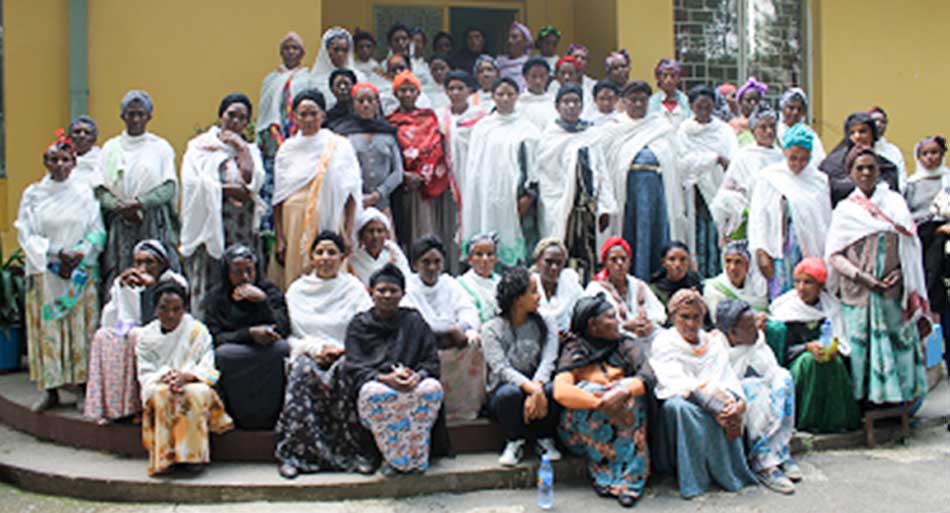Ethiopia, a nation with a population of approximately 117 million as of 2021, makes it the second most populous country in Africa after Nigeria. Despite its remarkable 6.3% economic growth in 2020/21, Ethiopia is addressing issues related to its income levels, focusing on achieving lower-middle-income status by 2025.
Within the Ethiopian landscape, dryland agriculture assumes paramount importance as the country faces significant challenges in food security, insecurity, and malnutrition. Approximately 20.4 million people presently require food support, including 4.5 million displaced individuals. Predominantly characterized by arid, semi-arid, and dry sub-humid regions, the Ethiopian farm landscapes are diverse, featuring highly varied slope gradients and altitudinal ranges.

Unsustainable cropping practices and limited input usage contribute to soil depletion, resulting in reduced yields and cascading socio-economic consequences. With agriculture employing 70% of the population and smallholder farmers producing 90-95% of the agricultural output, bolstering the resilience and productivity of this critical sector is pivotal to addressing the nation's food security and economic challenges.
The Ethiopian government's 10-year Development Plan (2020/21 to 2029/30) seeks to sustain the remarkable growth achieved under previous Growth and Transformation Plans while facilitating a shift towards a more private-sector-driven economy. Emphasizing sustainability, the plan aims to combat land degradation, reduce pollution, enhance productivity, and decrease greenhouse gas emissions.
Central to this endeavor is the revised Agricultural Policy, which underscores the importance of efficient land and natural resource governance, cutting-edge technology adoption, improved input and service accessibility, optimized agricultural water utilization, and robust output market engagement.
Additionally, the policy focuses on driving rural economy development, strengthening infrastructure, promoting effective private sector participation, ensuring financial support, fostering institutional arrangements, and enhancing implementation capacity.
ICRISAT-Ethiopia has been actively engaged in the country since 1981, working closely with the Ethiopian government to address key agricultural priorities. Our current focus areas are in alignment with the country's agricultural policy, with special emphasis on natural resource management, seed system development, capacity building, and integrated soil health improvement.
In the domain of natural resource management, we emphasize understanding water, crop, and soil properties in tandem with basin development. Seed system development is grounded in agro-ecology and tailored to meet the needs of users, with a focus on demand-oriented seed supply and marketing, and active involvement of the private sector and cooperatives. Additionally, we are dedicated to strengthening the seed regulatory system and redefining the roles and responsibilities of public seed enterprises.
Integrated soil health and fertility improvement play a crucial role in our efforts, where we work towards building capacity to produce fertilizers and enhance the quality control and regulatory systems for fertilizers. Our research station in Ethiopia comprises several facilities, including experimental plots, Alemtena Research Farm, Debre Zeit Farm, Dhera Research Farm, Melkassa Farm, Sickplots, Lathhouse, and seed storage facilities, which serve as vital resources for advancing our research and outreach activities.

Over the years, ICRISAT has made significant contributions in various areas in Ethiopia. We have played a pivotal role in integrated soil fertility management, addressing acid soil management, and improving cropping systems. Additionally, we have made strides in tackling iron deficiency through the promotion of millets, and have introduced site-specific fertilizer recommendations to optimize agricultural productivity.
Notably, ICRISAT is actively promoting Fertilizer Decision Support Tools to address soil acidity, a major concern for the Ethiopian government. By working closely with partners and stakeholders, we continue to play a crucial role in driving agricultural innovations, building resilience, and empowering communities in Ethiopia. Our commitment to advancing research and sustainable solutions remains steadfast as we strive towards a more food-secure and prosperous Ethiopia.
or scan the QR 
Sorghum
Chickpea
Pigeonpea
Groundnut
Finger Millet

ICRISAT-Ethiopia
Addis Ababa
Phone: +251-11 617 2541
Fax: +251-11 646 1252/646 4645
Email: mailto:icrisat-eth@icrisat.org
Address: C/o ILRI Campus, P. O. Box 5689, Addis Ababa, Ethiopia
27 Jan 2026